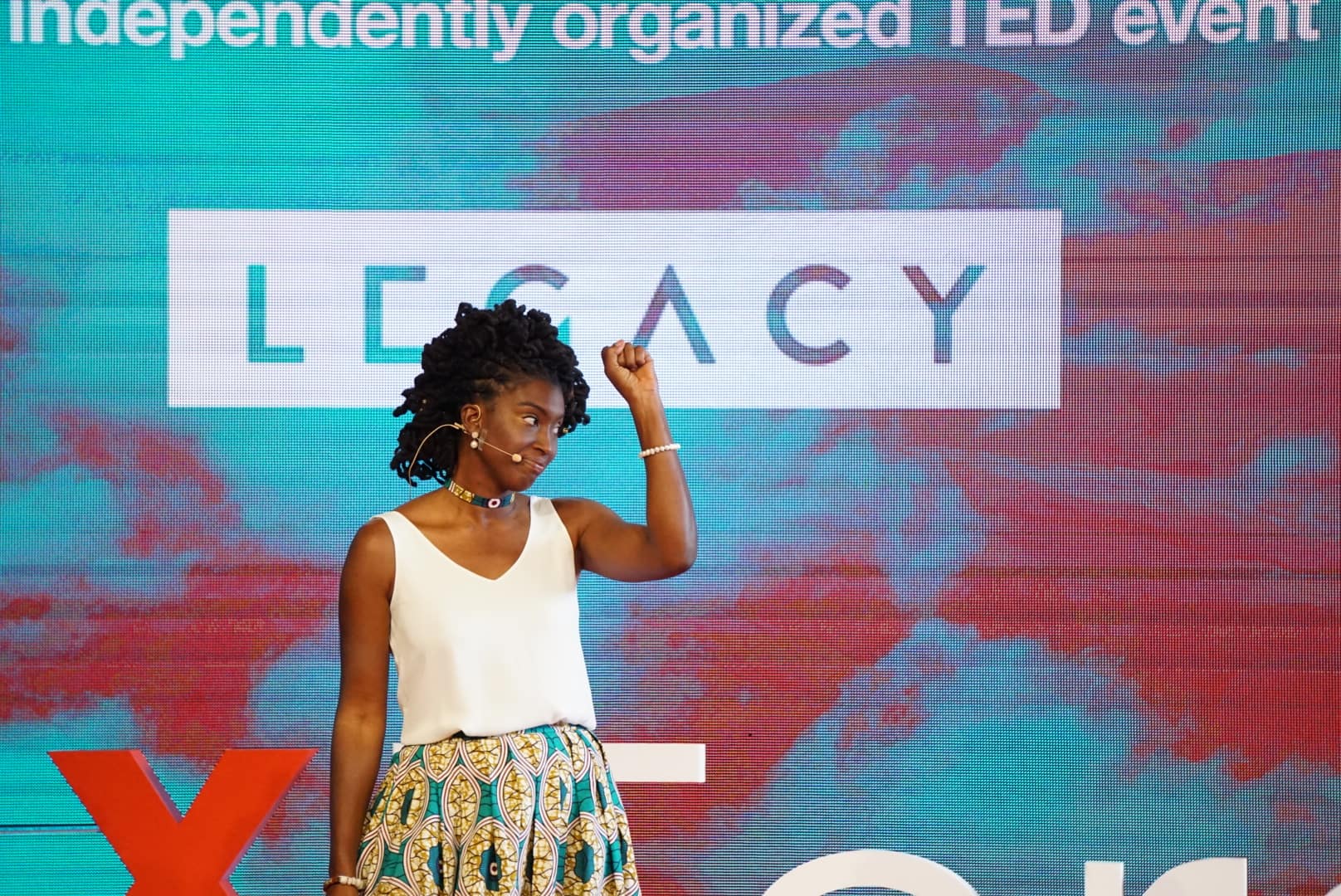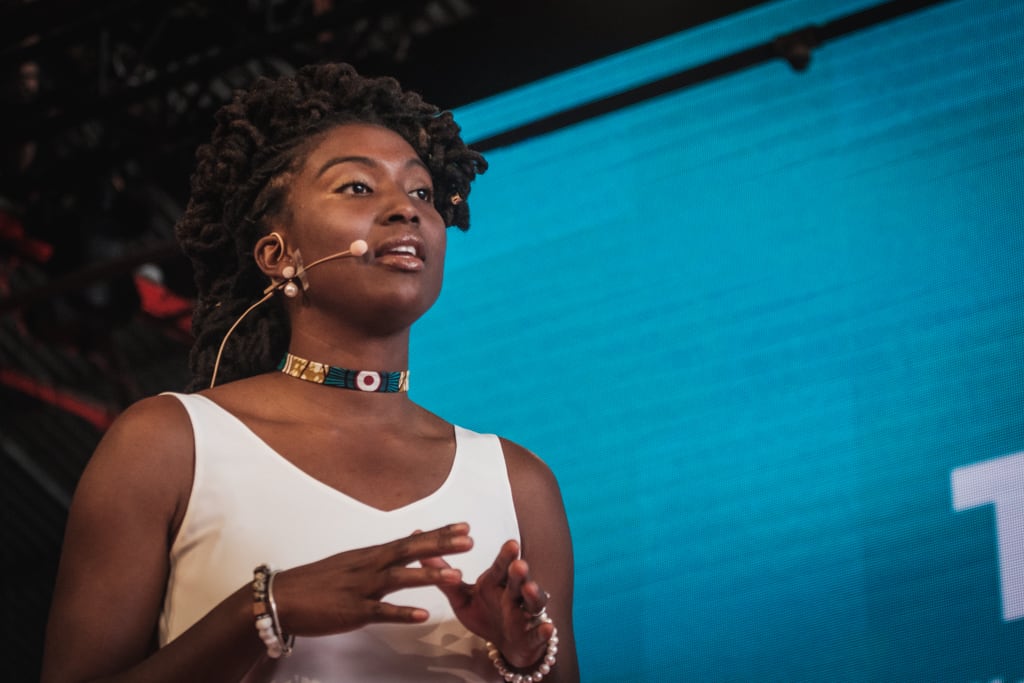If you were lucky enough to attend this year’s TEDxToronto talk in October, then you may have seen Social Justice Advocate Nastassia Subban light up the stage with her talk on Africentric curriculums.
Subban, a teacher with the Toronto District School Board for eleven years, now resides on the Faculty of Education at York University where she is a Course Director for teacher candidates.
An advocate for education and equity, Subban has a strong focus on Africentric curriculums in Ontario Secondary School courses. She is also a founding member of the non-profit organization, Educators for Social Change, which recently ran a young female mentorship program for students across the GTA.
We chatted with Subban to find out more about this program and what surprised her about the students’ response.
SDTC: Can you speak to the impact that mentorship has on young women?
Mentorship on young women has a huge impact on my life. We live in a patriarchal society, and women need women in order to grow, develop and pursue their dreams. Young women need to see women in roles that they may be considering so they can see what is possible. If they can’t find women in a career path they are looking for, they still need a mentor to be there, to support and encourage them as they create that path for other women. They need to see that women can engage in meaningful, supportive relationships. They need to bounce great book suggestions off of one another, as I believe reading is the window to the world.
Was there anything that surprised you over the course of the research/implementation of the Africentric pilot curriculums?
What surprised me when I started researching the Africentric curriculum ten years ago was how holistic its approach was. It takes into account the mind, body, soul and spirit of a child, and once I discovered that, I couldn’t wait to implement it in the classroom.
The biggest surprise was the way the students, who were mostly not of African descent, were so engaged with the material. All of a sudden I had students working together on huge social justice math problems, not even realizing it was time to go to lunch. It was incredible!
What has student response been like?
At the high school I was at two years ago, they had begun piloting the Grade 9 Africentric math/English curriculum, and the students were enjoying it. They were engaging in material that allowed them to think critically about the society and the world they were in. Students that would have been streamed into applied courses were at the top of some of these challenging classes. The bar of expectation was raised high and the students were rising to the occasion.
What did guests get to hear/see at your recent TEDxToronto talk?
My talk focused on an honest story of some of my experiences in education, which is something I don’t often talk about; however, over the past couple of years I have realized that the only way to save education, and frankly this planet, is to be open and vulnerable with one another, which will then hopefully lead to the creation of meaningful relationships and strong communities.
What should we be paying more attention to?
We should be paying more attention to the question, “Who am I?” We should be trying to find ways to connect more with our inner teacher.
Who/what inspires you these days?
Waldorf Education. The work of Rudolph Steiner and the study of anthroposophy. The work of Parker J. Palmer, which was recommended to me by a few colleagues last year. His work has become a huge inspiration on this journey I am on. Lastly, Bell Hooks has been a constant inspiration since I discovered her work during my first year of university. And of course, my children (Legacy, Epic and Honor) inspire me daily; what I do now will have an impact on the future they are inheriting.
What project are you currently working on?
I am working on Part 2 Foundation Studies in Waldorf Education. Also, two colleagues and I are working on creating a circle where educators can engage in the work of knowing one’s self and knowing that self in relation to the other through an anti-racist, anti-oppressive, spiritual lens. We hope to also find ways of incorporating more elements of holistic education in the pre-service teaching program at local universities.
Who were you most looking forward to hearing at this year’s TEDxToronto?
I was looking forward to hearing from all of the speakers, as everyone was bringing such a different element and topic to this year’s TEDx event. In the end, I [was] just super excited and honoured to be able to speak on the same stage as all of these wonderful, successful, powerful people.

credit: Alex Paterson



 Follow Us On Instagram
Follow Us On Instagram
